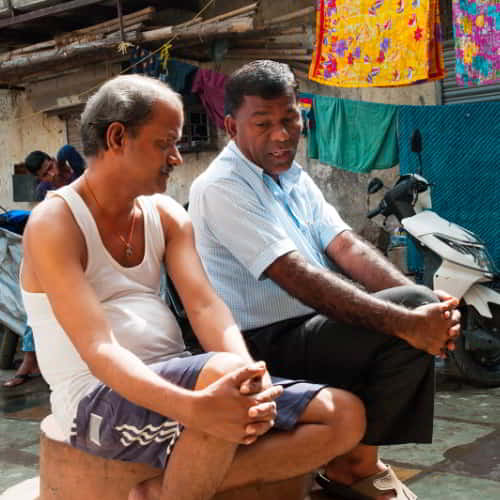What Are Some 10/40 Window Facts?
Here are some of the most important 10/40 window facts according to Joshua Project:[1]
- Nearly two-thirds of the world’s population live within this designated area.
- 80% of the world’s poorest people groups live here.
- Thousands of different people groups and languages comprise these areas.
- More than 3.45 billion of those in these regions follow one of three traditional Eastern religions.[2]
- Most of the people groups have never heard of Jesus and do not have a Bible in their language.[3]
This designated area between the 10 and 40 north latitude lines includes the largest swath of humanity and also the largest number of people who have never heard about Jesus.[4] They are also often closed to outsiders for various reasons. Likewise, some of these places are dangerous for geographic, political and economic reasons.[5]
Religion is more than just a set of beliefs for many of these people groups. According to Alyssia Lee, a writer for Just Disciple, “If you do any sort of studying on these religions, you will quickly find that it is not merely a religion or practice but rather it is grafted in the culture; to renounce one of these religions is to renounce heritage, family, social standing, etc.”[6]
This means that serving these people groups and sharing the love of Jesus with them takes a special understanding of how people develop their beliefs as part of their culture. Someone who truly understands the culture can come in and minister to them effectively.
That is why GFA World trains and sends national missionaries. These men and women are born and raised in the countries where they serve. This gives them intimate knowledge of the culture to which God calls them. No matter how well-versed one might become through study of another culture, an outsider will never be as fully integrated as someone who has lived in the culture their entire life.
Click here, to read more about this article.
Click here, to read more blogs in Gospel for Asia.Com


Comments
Post a Comment